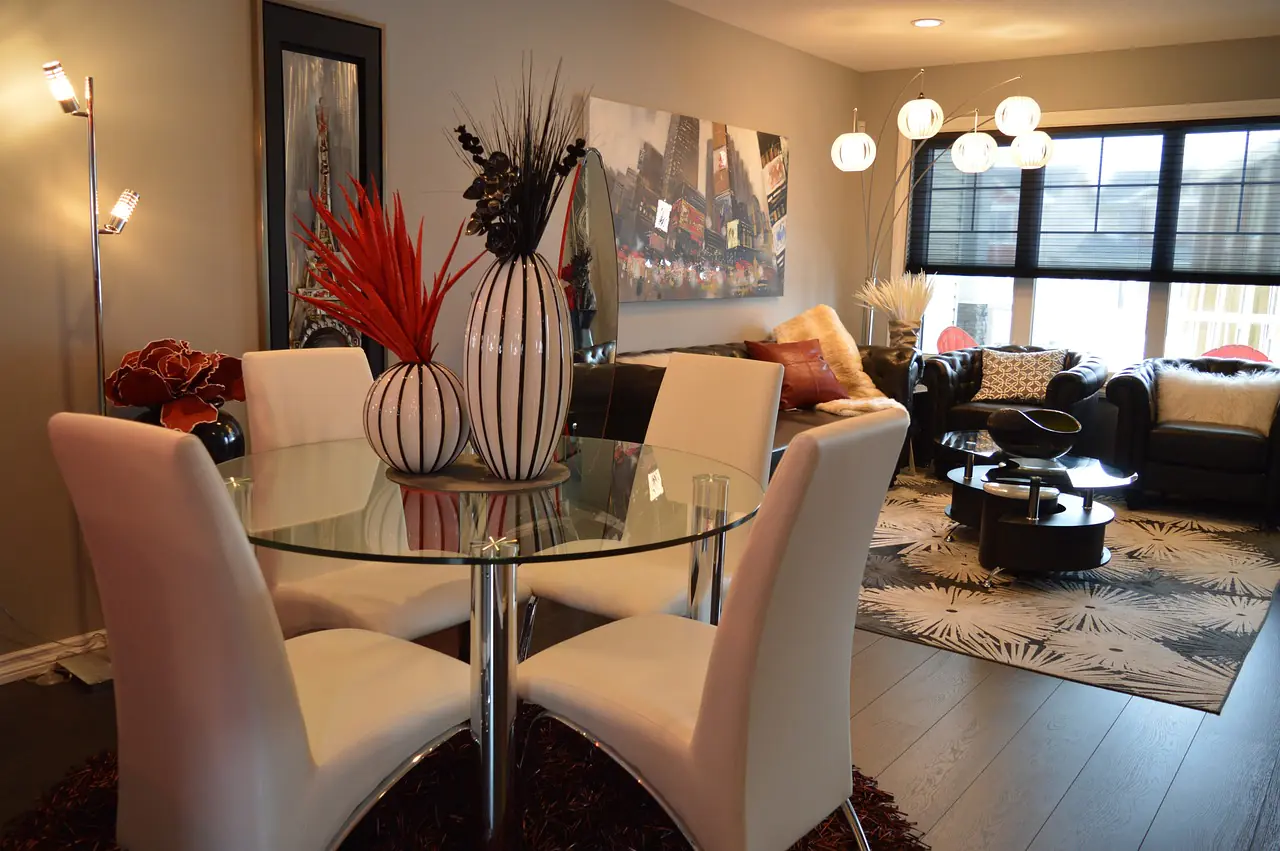Table of Contents
Designing the perfect lighting for your living room can greatly enhance the overall ambiance and functionality of the space. Whether you are looking to create a cozy and inviting atmosphere or a more modern and minimalist look, the right lighting can make all the difference. In this article, we will explore various tips and techniques for designing the perfect lighting in your living room.
First and foremost, it is important to consider the overall layout and design of the space. The size and shape of the room, as well as the location of windows and other architectural features, can greatly impact the lighting design. For example, a large open living room with plenty of natural light may require less artificial lighting, while a smaller room with few windows may require more.
Types of Lighting
When it comes to lighting, there are several different types to choose from. The most common types of lighting include task, ambient, accent, and decorative lighting. Task lighting is used for specific activities such as reading or cooking, while ambient lighting provides overall illumination for the room. Accent lighting is used to highlight specific features or artwork, while decorative lighting is used to add a touch of personality and style to the space.
Layering Lighting
One of the most effective ways to design the perfect lighting in your living room is by layering different types of lighting. This means combining different types of lighting, such as ambient, task and accent lighting, to create a well-balanced and functional space. For example, you may want to install a ceiling light for ambient lighting, table lamps for task lighting, and recessed or track lighting to highlight artwork or other decorative elements.
Dimmer Switches
Another important aspect of lighting design is the use of dimmer switches. Dimmer switches allow you to control the intensity of the light, which can be especially useful in the living room. This can help to create a cozy and inviting atmosphere in the evening, or to brighten the room for a more lively party. Dimmer switches can also help to save energy by allowing you to adjust the light to suit the activity or mood.
Choosing the Right Bulbs
When it comes to lighting, the type of bulb you choose can greatly impact the overall look and feel of the room. Incandescent bulbs are known for their warm and inviting light, while LED bulbs are more energy-efficient and can last longer. For a more modern and minimalistic look, consider using compact fluorescent bulbs, which offer a bright and crisp light.
Decorative Lighting
In addition to functional lighting, decorative lighting can also play an important role in the overall design of your living room. Decorative lighting can include chandeliers, pendant lights, and even wall sconces. These types of lighting can add a touch of elegance and personality to the space, and can also be used to highlight specific features or artwork.
In conclusion, designing the perfect lighting for your living room is an important aspect of creating a functional and inviting space. By considering the overall layout and design of the room, layering different types of lighting, using dimmer switches, choosing the right bulbs, and incorporating decorative lighting, you can create a well-balanced and beautiful living room that is perfect for any occasion.

